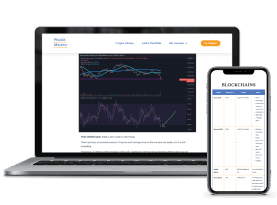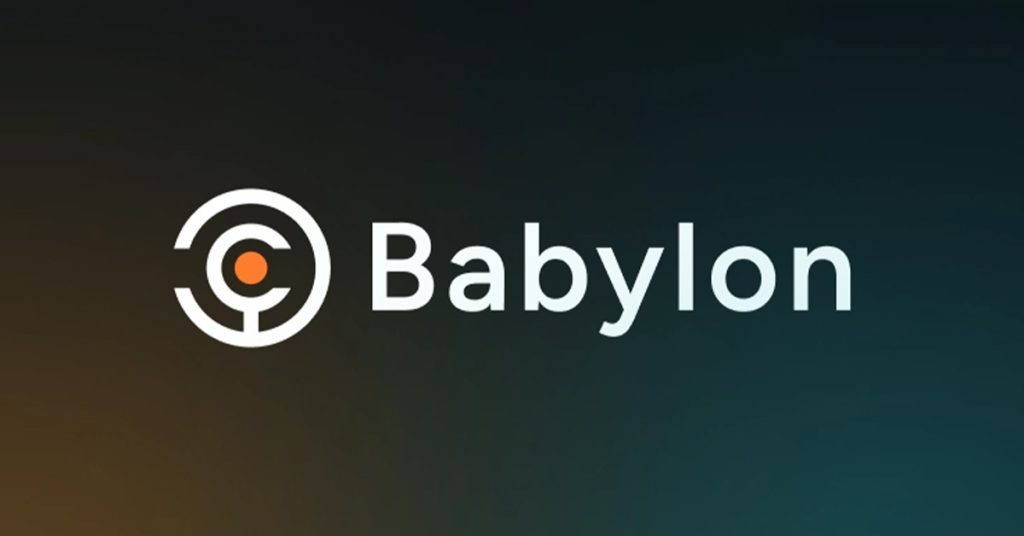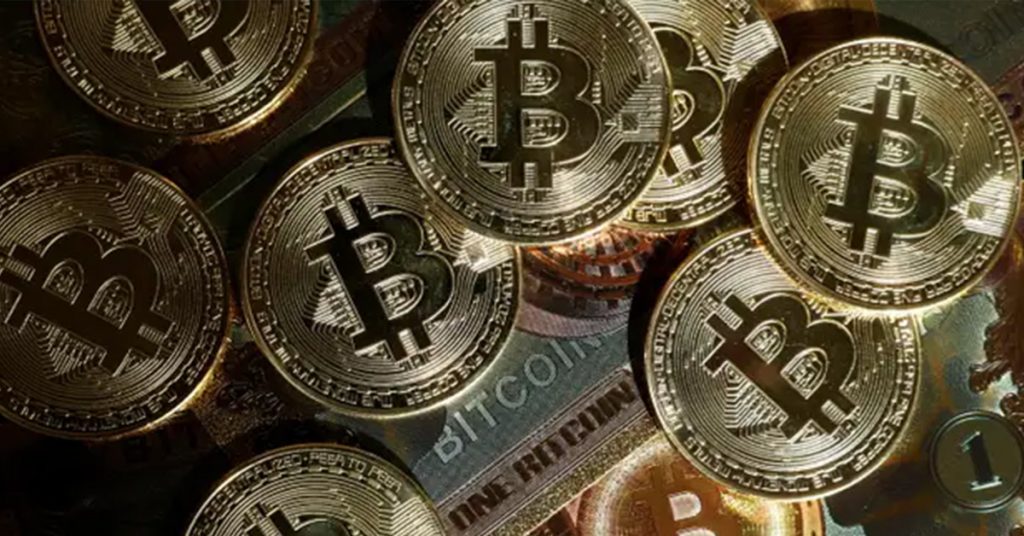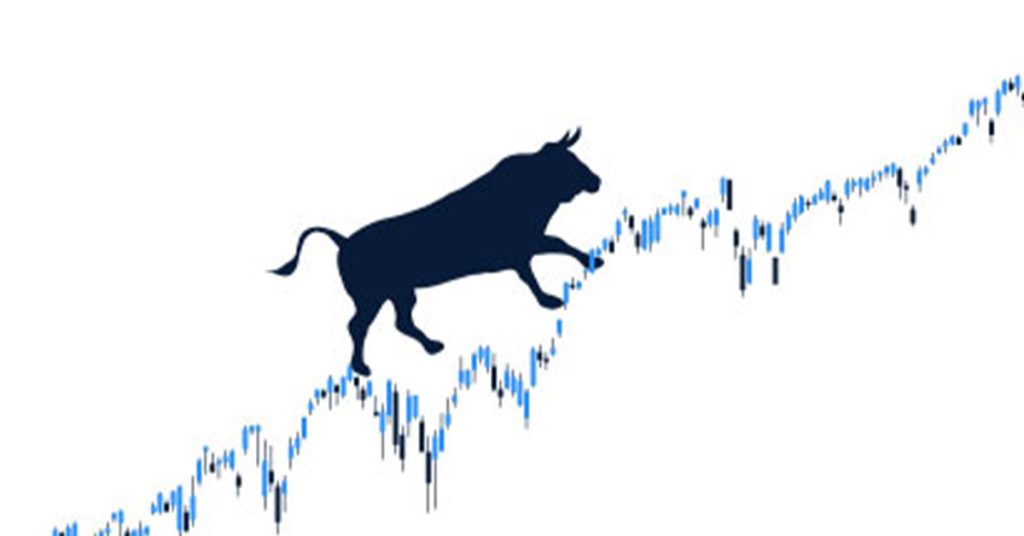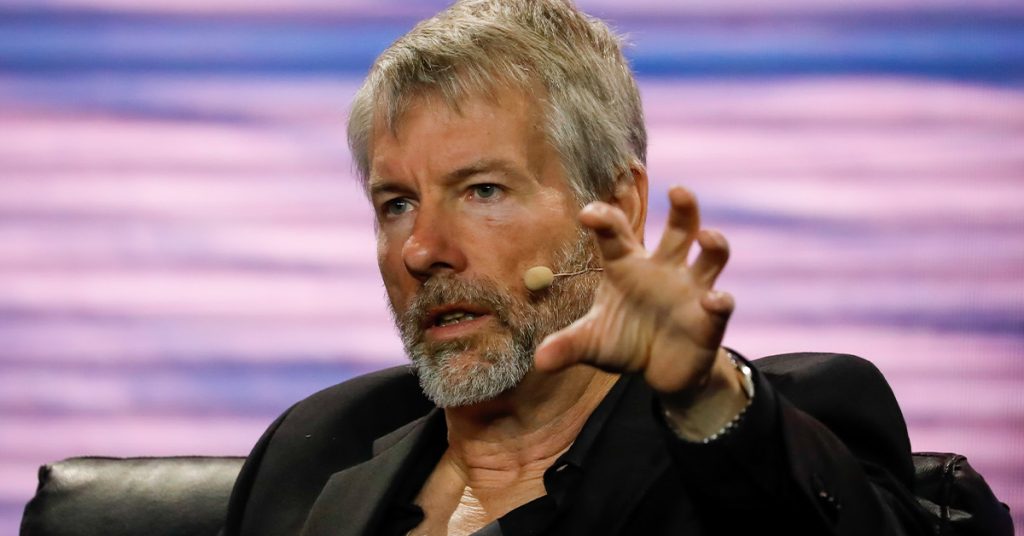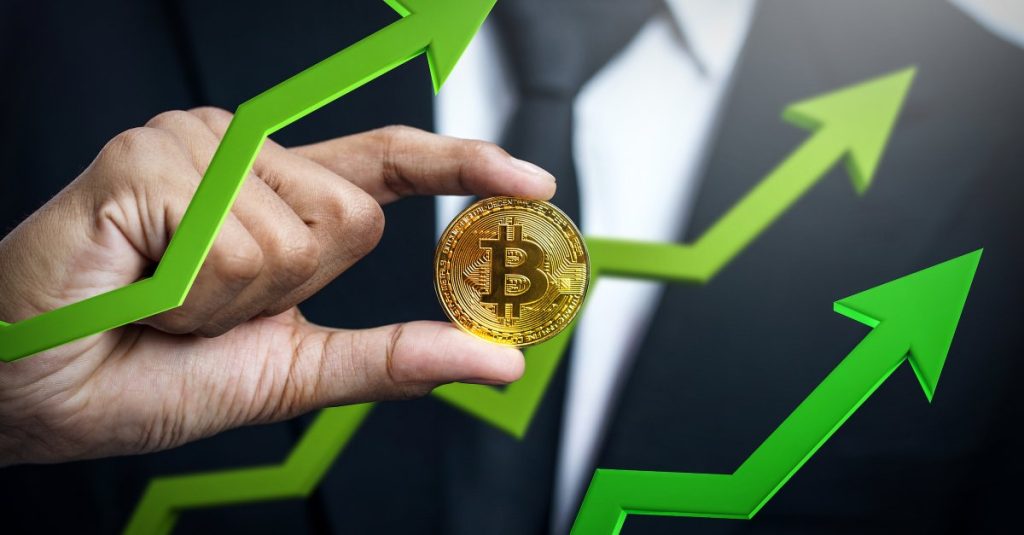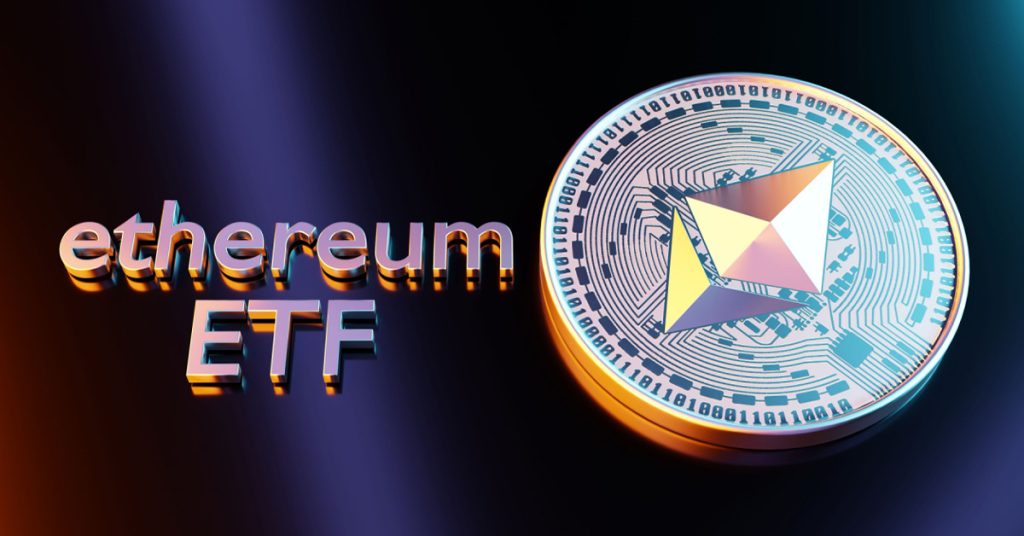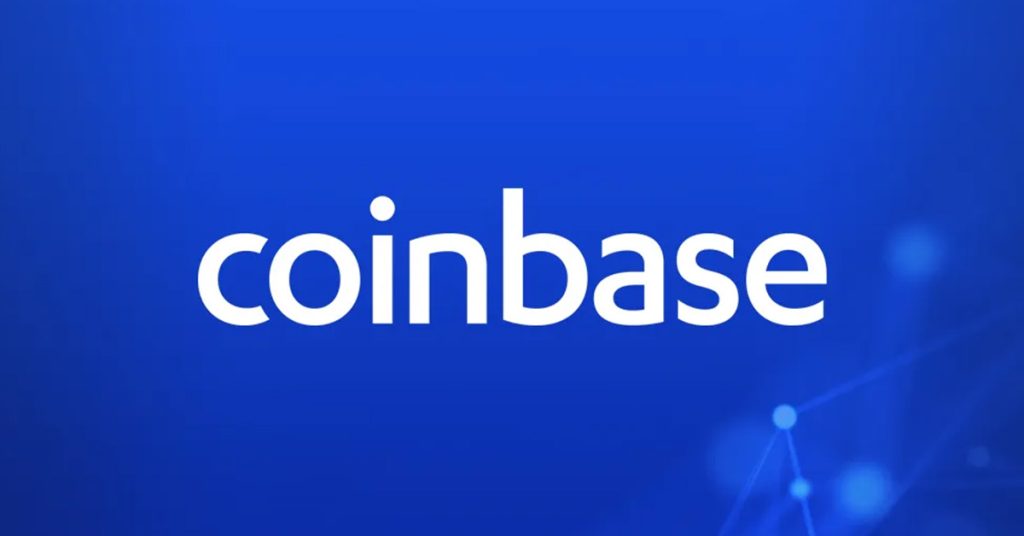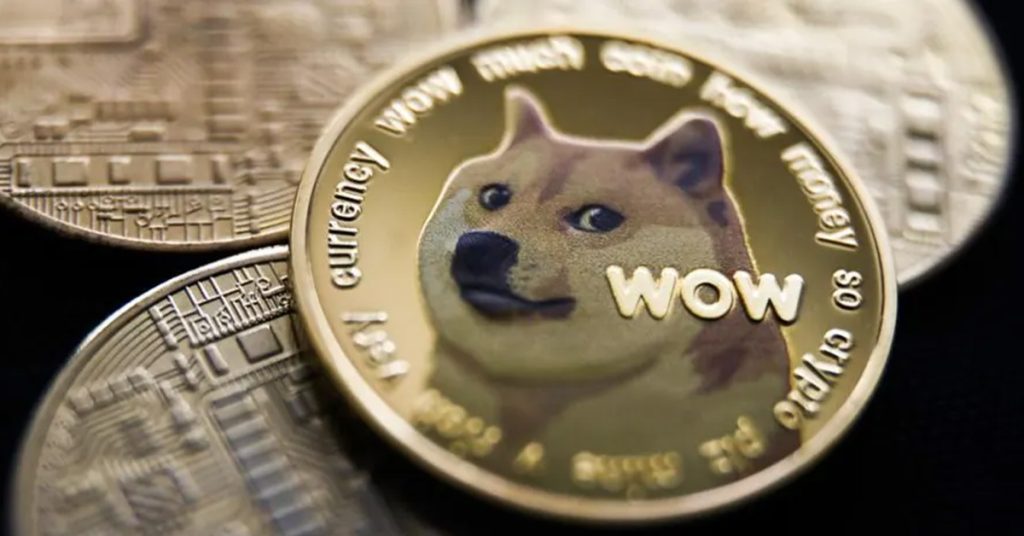Orb Land: NFT’s as VIP Consultancy Tickets
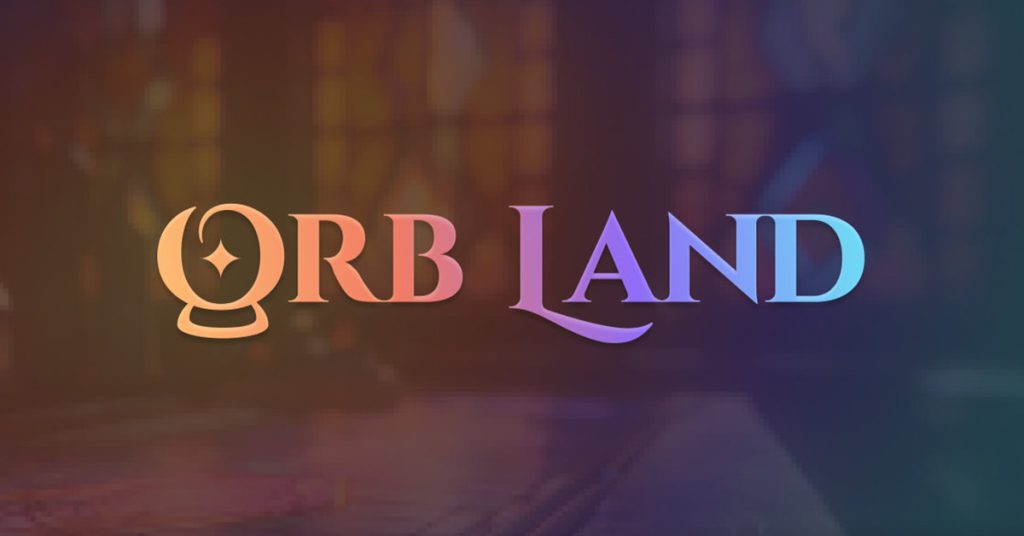
TL;DR
If a staunch altcoin and NFT skeptic like Lyn Alden admits that an NFT project ‘might not suck’, I’m paying extra attention. Orb Land is not your average monkey picture project but instead more like a tradable VIP ticket. Let’s dive in.
As a holder of a traditional VIP ticket, you get backstage access to a celebrity. The NFT version called Orb Land is like an online, on-chain version of this. An Orb is an NFT that represents an individual’s time, such as that of an analyst or an expert in a specific field.
Orb Creators and Keepers
Every Orb is a distinct, personalized NFT, built on Ethereum and linked to the creator for a predetermined contract duration. This gives the Orb holder (called ‘Keeper’, the present owner of the NFT) the privilege to consult the Orb creator based on the terms set out in the contract.
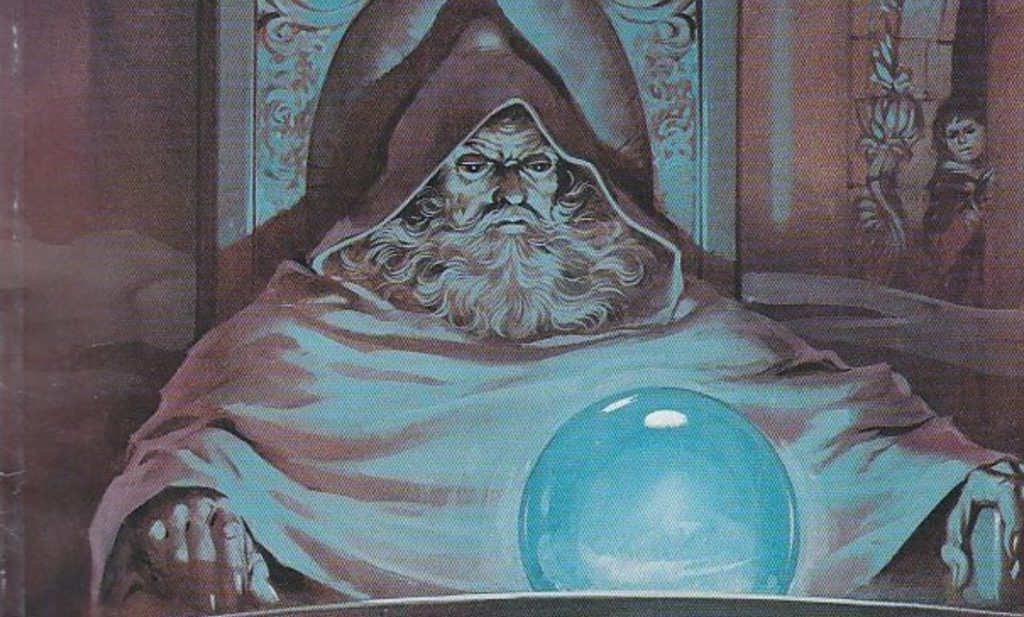
The Origin
Orb Land is a project of Eric Wall, one of Bitcoin’s ‘Taproot Wizards’. The project launched in June 2023 and some of Wall’s entourage of builders and analysts quickly joined. Wall thinks Orb Land could become a good business model for ‘crypto consultants’, who could sustain themselves by answering one question each week with their own Orb.
Orb Land’s tagline is:
tradable access to leading thinkers
Indeed, the core idea of Orb is that an NFT gives access to personal consulting services, effectively tokenizing an expert’s time and expertise.
An Example: Nic Carter’s Orb
Nic Carter is a leading crypto analyst and VC partner. He is one of the thought leaders in Wall’s circle who has engaged with Orb Land. Meaning, you can buy and keep his Orb and do ‘invocations’ aka ask him questions.
First, you connect your crypto wallet with Orb.land. Anyone is free to simply buy the Orb from the current Keeper, as long as they’re happy to cough up, in this case 5 ETH.
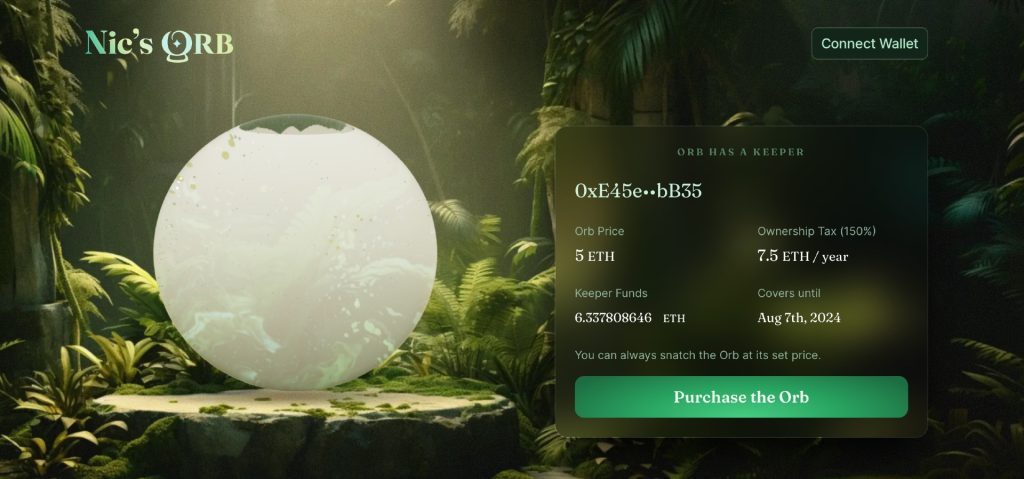
As you can see in Nic’s Orb screenshot (above) there is an ownership tax associated with the Orb. That’s a steep 150% per year, meaning that you will pay 7.5 ETH per year to keep it in your possession.
Then what? If you purchase his Orb (5 ETH), you can ask Nic one question a week, or, as Orb Land calls it: ‘Invoke his Orb’. You can keep his answer for yourself, as the below owner did.
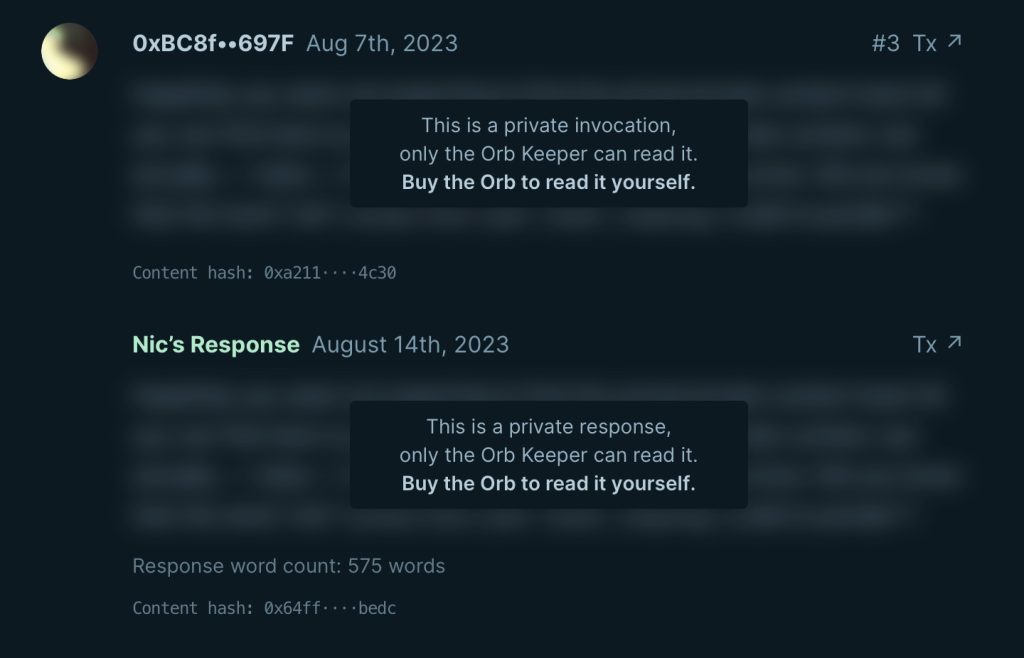
But the Keeper of the Orb can also opt to open Nic’s answer to his question to the world. That’s what the next owner of the Orb did. (We can tell he bought the Orb from the previous owner, whose address ended with the …97F.)
This new Keeper posed on September 3d 2023 a question to Nic about a US dollar-backed stablecoin. Nic’s answer is public (see below).
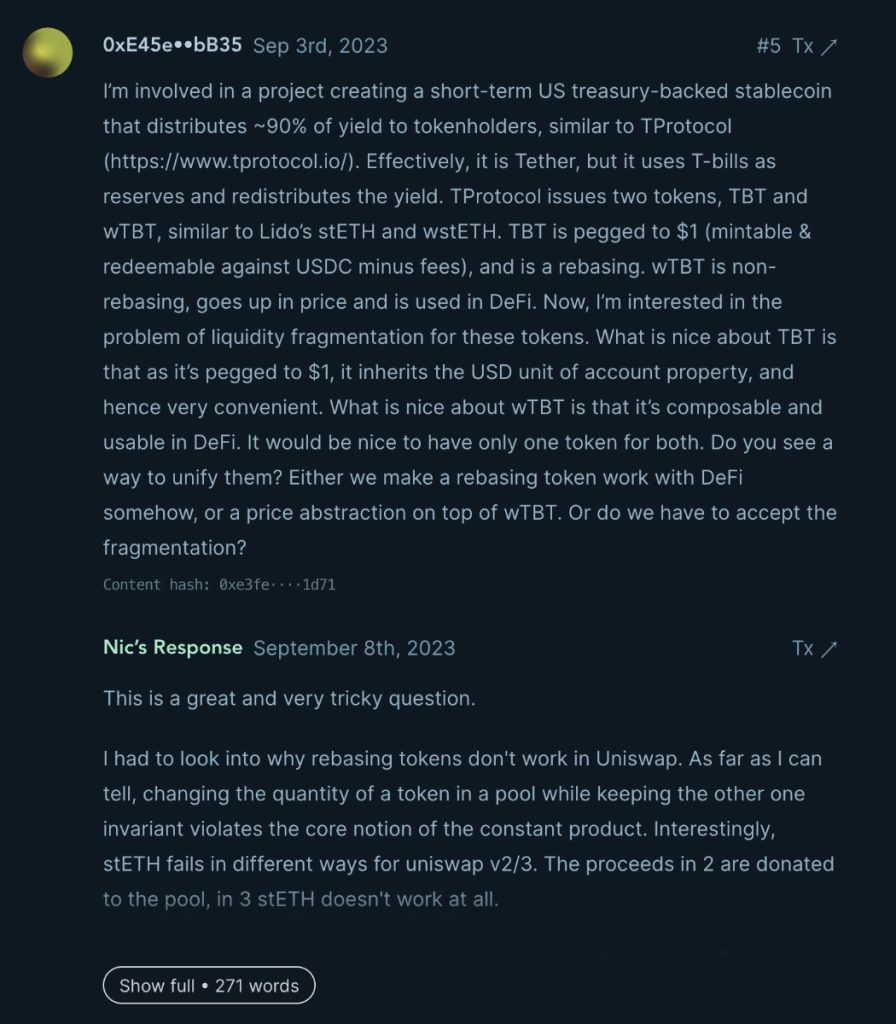
In other question/answer pairs, Nic Carter has provided detailed, 1500+ word assessments of the solvency risks of specific exchanges or stablecoin issuers (Carter gave Circle a 95% of safely custodying all customer assets for the next 4 years. He gave Tether a 60% chance).
Different Orbs have different functions and different settings. For example, Tarun Chitra‘s Orb is a basic Q&A-type Orb, like Nic Carter’s. But he chose his settings differently. People can ask him a question every 10 days. The current price is also much lower.
The ‘Tokenomics’ of Orbs: High Taxes
- Who buys the Orb can set the price that the next Keeper will have to pay to him.
- The higher a Keeper sets the price, the higher they tax themselves while they hold it.
- Most of the tax goes to the Orb creator, which in the above example is Nic Carter.
This is interesting as it is quite a departure from the normal incentive structure of ‘buy and hold’.
By heavily taxing ownership, the project ensures liquidity and continuous use. Orb Land says that these so-called ‘Harberger taxes’ are excellent at preventing hoarding.
Indeed, why would a keeper pay the tax if they don’t make use of their weekly ‘consultancy’? In that case, they would rather sell, so usage is incentivized. For the person who is the creator, they make their money from the taxes, so they better give good answers.
Tokenizing Real-World Stuff Versus Intangibles
Outside Bitcoin, the ‘Crypto Project’ is about tokenizing things from the real world. That’s a fancy way of saying: ‘just imagine that this virtual token represents this other thing you know. Have fun moving it around, trading it.’
How can this even work? Well, a stablecoin issuer like Circle (USDC) makes sure that holders of USDC can always exchange their virtual coins for traditional dollars (in this example the ‘things from the real world’). So, with time, these virtual USDC coins gain trust and become ‘as good as dollars’.
There are limits of common sense when it comes to tokenizing stuff and making ownership dependent on public blockchains. Imagine real estate deeds on a public blockchain. What if a malicious actor attacks the chain? This could create an absurd situation where rightful property ownership is overwritten. Do you want to tokenize your home ownership, only then to witness a malicious conglomerate of Chinese miners 51% attack the Bitcoin blockchain and try to double-spend your… home? Some real-world assets, like homes, seem to be inextricably tied to traditional, locally enforced ownership records.
So, how much sense does it make to tokenize an expert’s time? Why does this even need to be on a blockchain? Well, indeed it could be done through a centralized website that makes the market. But there is something to be said for Orb recording questions and answers on the blockchain. Another way of saying this is that the reputation of an Orb’s creator is now on-chain. An intangible asset like reputation is more suitable for tokenization than for example real estate.
Conclusion
Orb Land is a small project with only four Orbs active. But they plan on rolling out more and giving everyone access. Orb Land is yet another new application of ‘Socialfi’. Like Friend.tech, it financializes knowledge and social relations. And, like Friend.tech, the crypto influencer crowd is which this tech revolves around in the early stage. A big difference though is that The Orb is less speculative. Not for the influencers and not for the Keepers. The influencers have to work for the taxes they collect. And the Keepers pay a high tax, so are also incentivized to put their Orb to use. As such, Orb Land has more utility and is less purely a vehicle for speculation. And that’s why hard money proponents like Lyn Alden don’t frown upon it as much.

